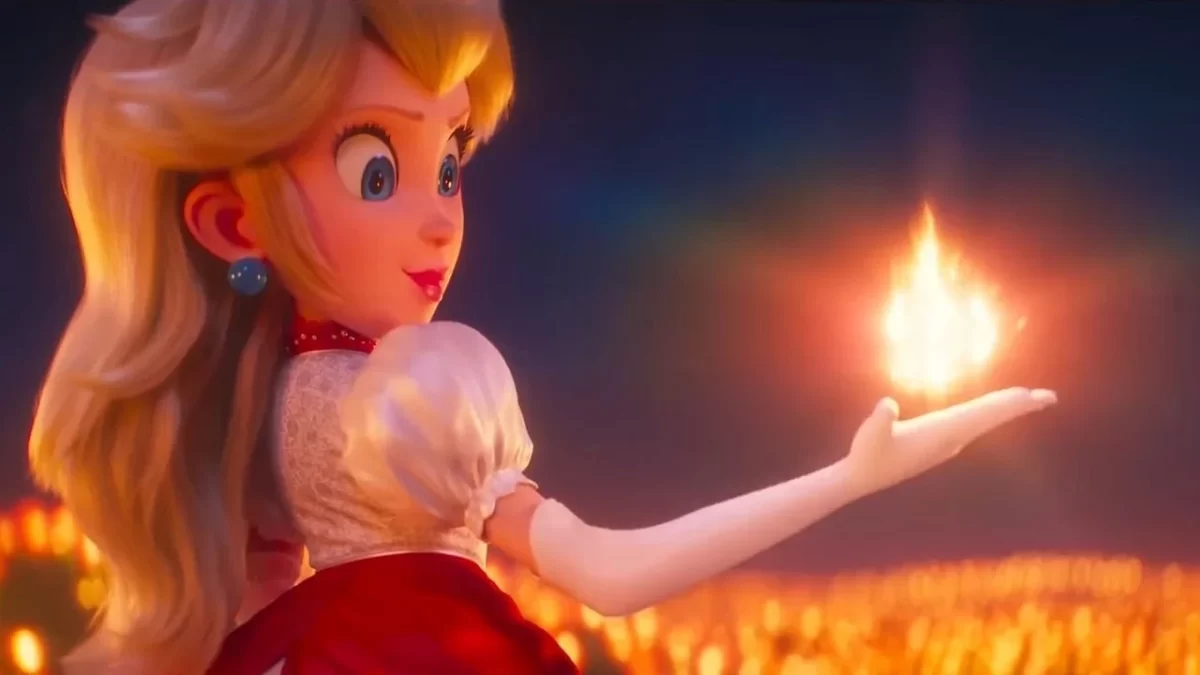For video game lovers across the world, Mario and Luigi are more than just characters bleeping across a computer screen. They are a symbol of many childhoods, spending countless hours exploring unique and interesting worlds in the search for Princess Peach. When it was announced that the franchise would be reimagined into a movie, it was no surprise that many fans had mixed feelings about how it would be produced.
No one wanted a repeat of the abysmal 1993 “Super Mario Bros.” film, and even fewer people were ready for actor Chris Pratt to voice Mario. I must admit that when entering the movie theater, I was also skeptical about how good the experience would be, especially with the knowledge that I would not be hearing the iconic red plumber’s accented voice.
I found the film enjoyable with its unique reimagining of the origins of not only Mario and Luigi, but also Princess Peach. As it turns out, Mario and Luigi are just common plumbers from Brooklyn trying to get by. The reason that they don’t speak with an Italian accent: the brothers simply made a commercial to promote their plumbing business and believed that using an Italian accent would boost their clientele. As a result, both speak with a Brooklyn accent throughout much of the movie. Although jarring at first, it became easier to accept this new voice for Mario as the movie progressed.
Once Mario and Luigi find their way to the universe in which Princess Peach resides, we see an obvious difference between the movie and the games. Mario is no longer on a quest to save Princess Peach, but is rather traveling the world to be reunited with his brother and save him from the notorious Bowser. The role of the ‘damsel in distress’ has been given to Luigi instead of Peach, the usual recipient. When Mario meets Peach, we are presented with a Peach who is not just a princess, but also a warrior, diplomat, strategist, and leader. As the movie progresses, the origin of Princess Peach is revealed, showing how she became the selfless warrior-princess the Toads adore. Gone are the days of seeing a helpless Peach waiting for a plumber in shining overalls to save her.
Princess Peach’s new role as an independent and empowered woman may be the latest to join this recent cinematic phenomenon, but she is certainly not the first. The most noticeable female character that outgrew her role of submissiveness in recent years is none other than the iconic black-white-and-red jester Harley Quinn. Starting off as the Joker’s lackey and girlfriend, Harley was seen as a character who would do anything for her puddin’ even if it meant facing degradation and arrest by Batman.
The character of Harley Quinn not only highlighted the effects of an abusive relationship, but also the difficulties many people go through to become independent and reevaluate their self-worth. HBO’s series “Harley Quinn” not only captures the therapeutic self-realizations that Harley achieves as she explores a life of independence, but also her exploration of her sexuality and moral ideology. The redefinition of Harley Quinn as an empowered character leads to both a journey of self-love for Harley and a sense of gratification due to seeing a fictional character achieve success despite her difficult life situation.
In Princess Peach’s case, the re-evaluation of her identity serves as a reminder that there is always room for improvement for previously developed characters. In today’s era of entertainment, it has become important to be able to break the mold and let go of outdated social tropes.
I would rate the movie 4.5 crabs out of five!





























